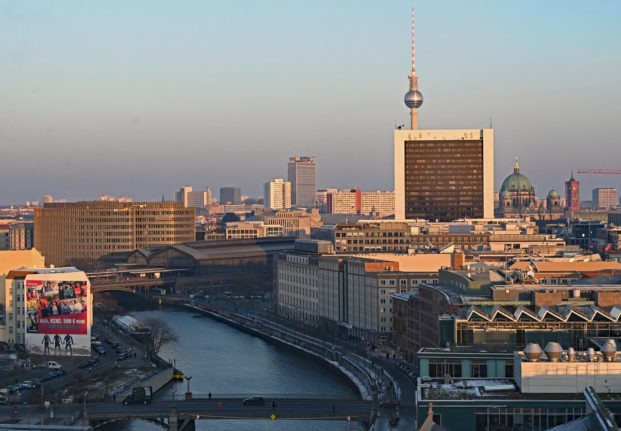The news was welcomed by authorities in Paris, who have long battled to keep a check on Airbnb and its impact on the rental market.
On Sunday, the French government published a decree that allows the City of Paris to subject the renting of local businesses to prior authorisation.
This decree applies to all types of offices, stores or medical offices who may be turned in holiday rentals.
It aims to allow towns to limit the growth of rentals on Airbnb, “protect the urban environment and preserve the balance between employment, housing, businesses and services on their territory,” says the decree.
The news was welcomed by authorities in Paris, which has been witnessing “the multiplication of ground floor business premises being transformed into holiday rentals,” said deputy mayor Ian Brossat, who is in charge of housing, in a press release.
This decree which comes into effect on July 1st, “will prevent local businesses from being turned into holiday rentals,” Brossat added on Twitter.
The conditions businesses will have to meet in order to get an authorisation still have to be defined said Brossat, according to Le Figaro. But Paris aims to draft these regulations and get them voted by the end of 2021, so they can come into force at the beginning of 2022.
Other towns allowed to apply the decree are those who have put into effect “the procedure of a registration number for furnished holiday apartments, owners and, subject to contractual stipulations, tenants of local businesses who wish to rent them as furnished holiday apartments.”
In recent years, Paris city authorities have made tax registration obligatory for apartment owners and have restricted those renting out their primary residence to a maximum of 120 days a year.
Now if owners want to rent a furnished property for less than a year to holidaymakers, they must apply to local authorities for permission to change the registered use of the space.
They are then required to buy a commercial property of an equivalent or bigger size and convert it into housing as compensation.
Until then, these onerous and time-consuming tasks did not apply to local businesses who only had to fill out a declaration.
In February, France’s highest court, the Court of Cassation, ruled that regulations introduced to counter the effects of Airbnb and other short-term rental sites on the local property market were “proportionate” and in line with European law.



 Please whitelist us to continue reading.
Please whitelist us to continue reading.
Member comments